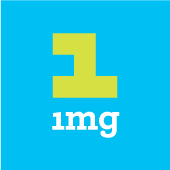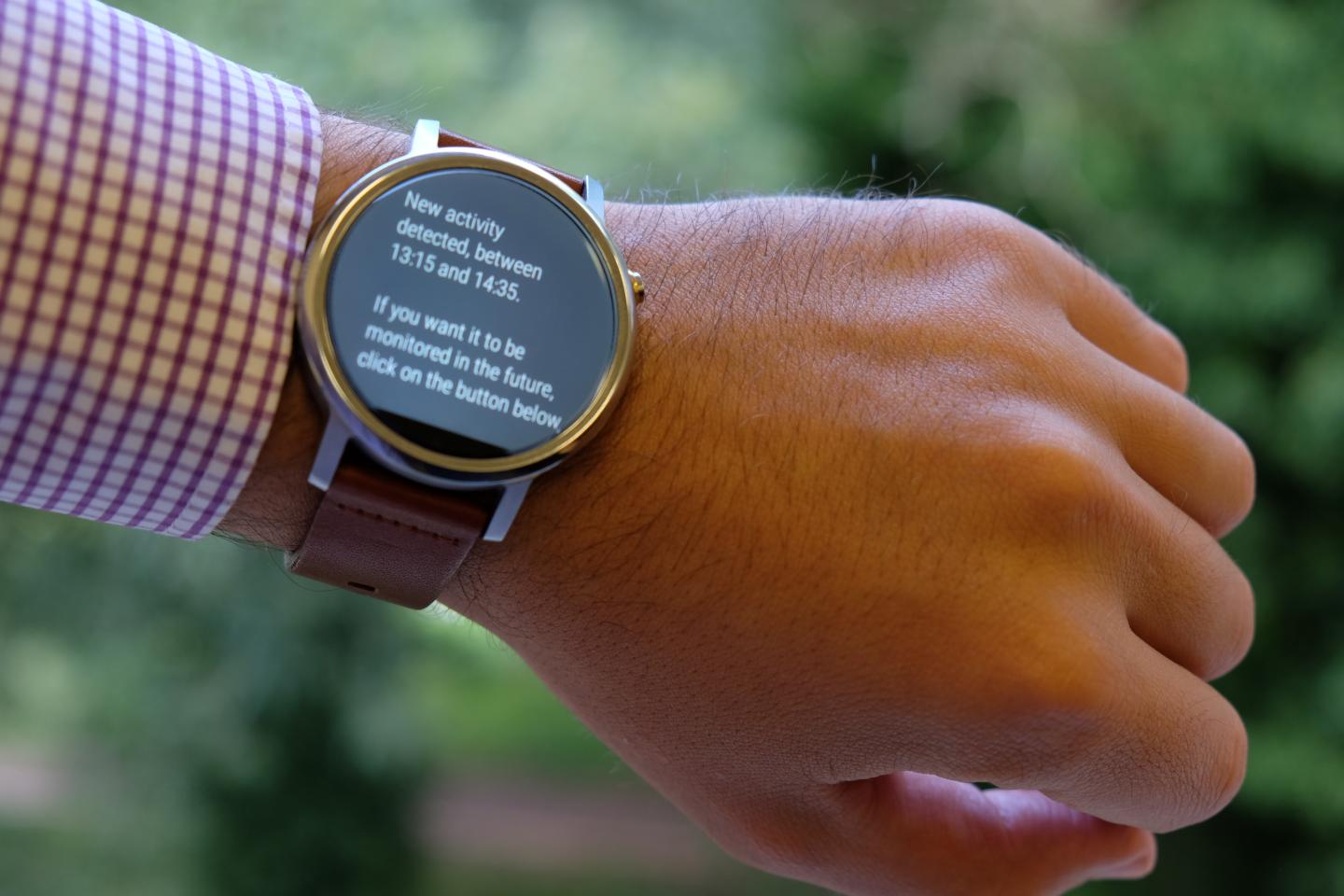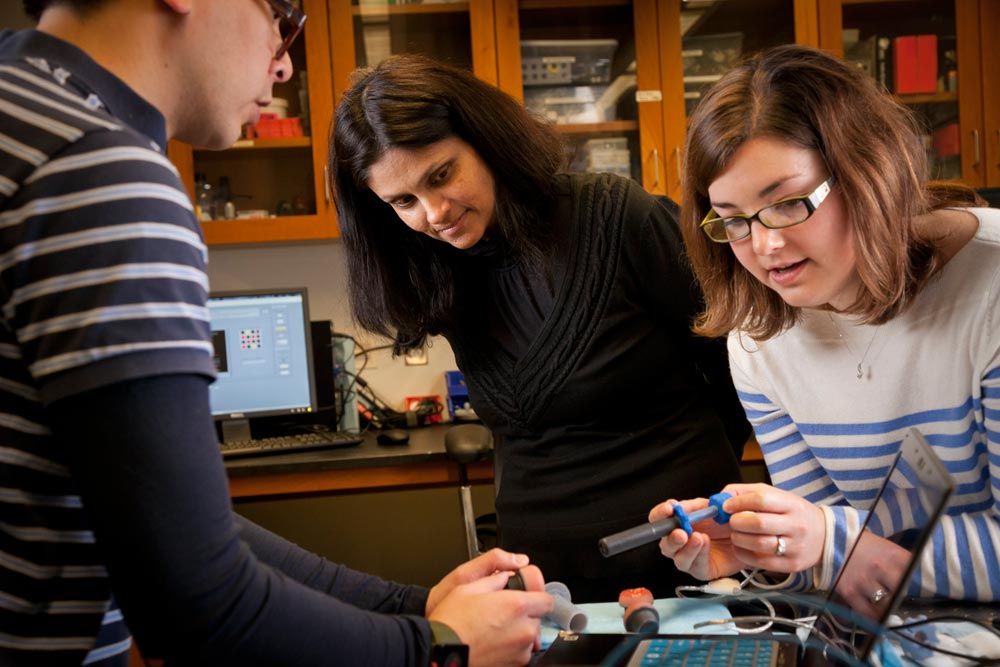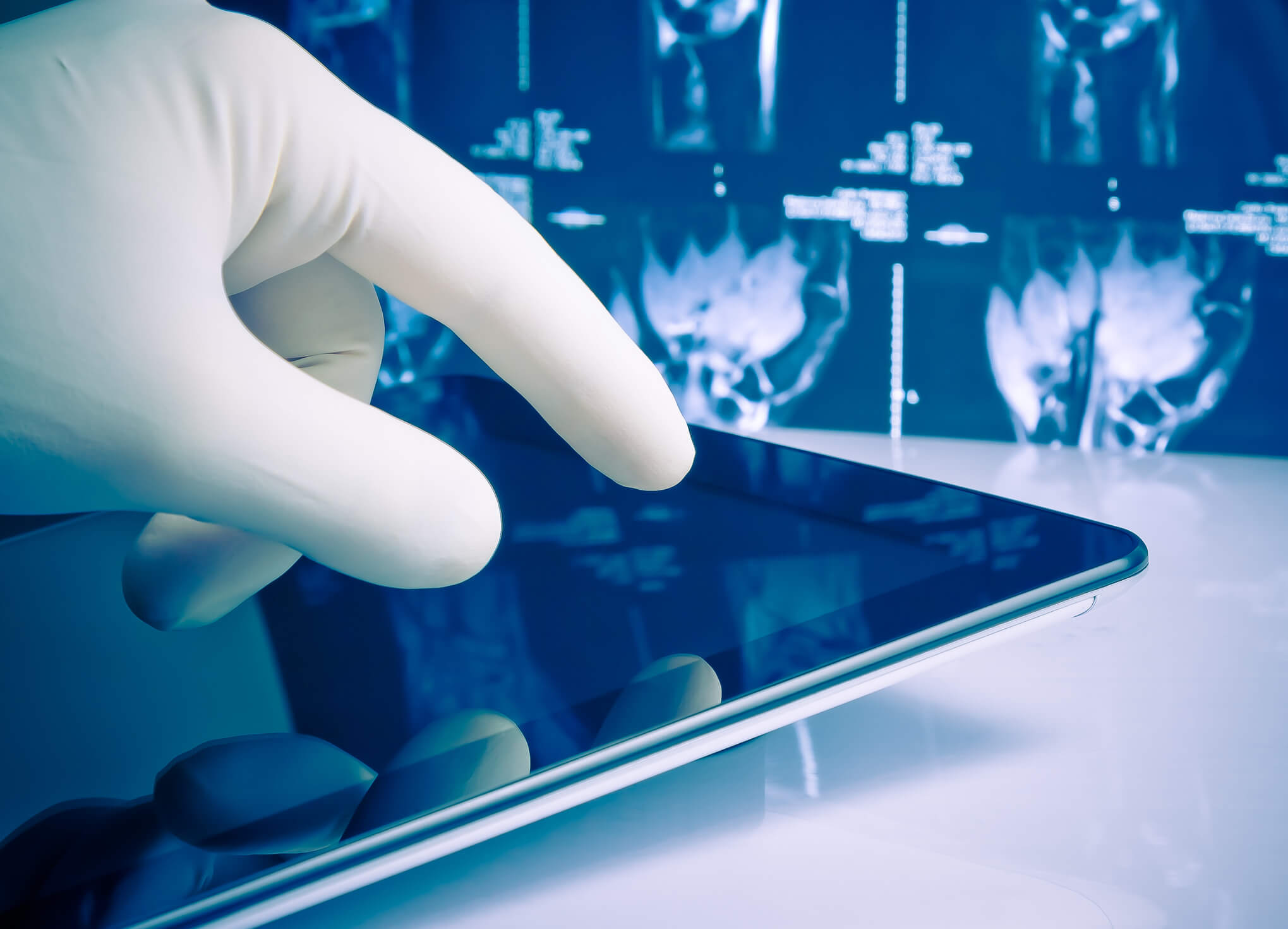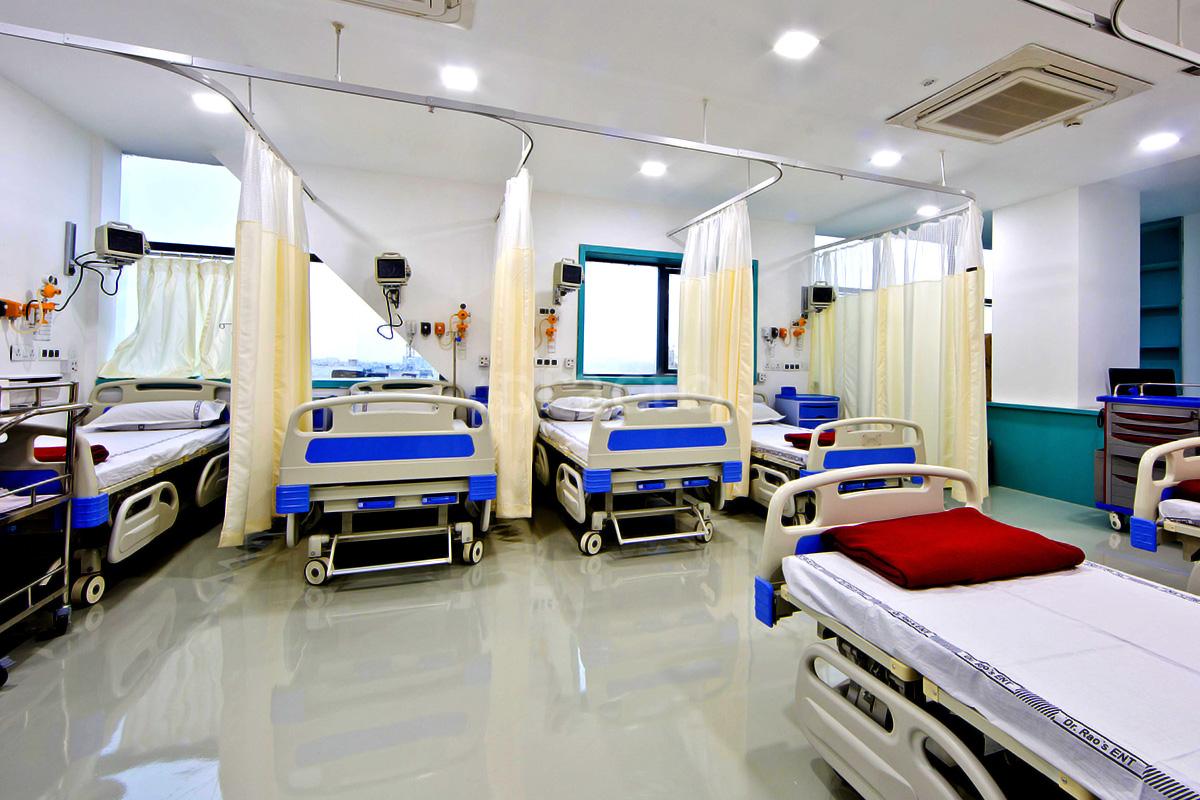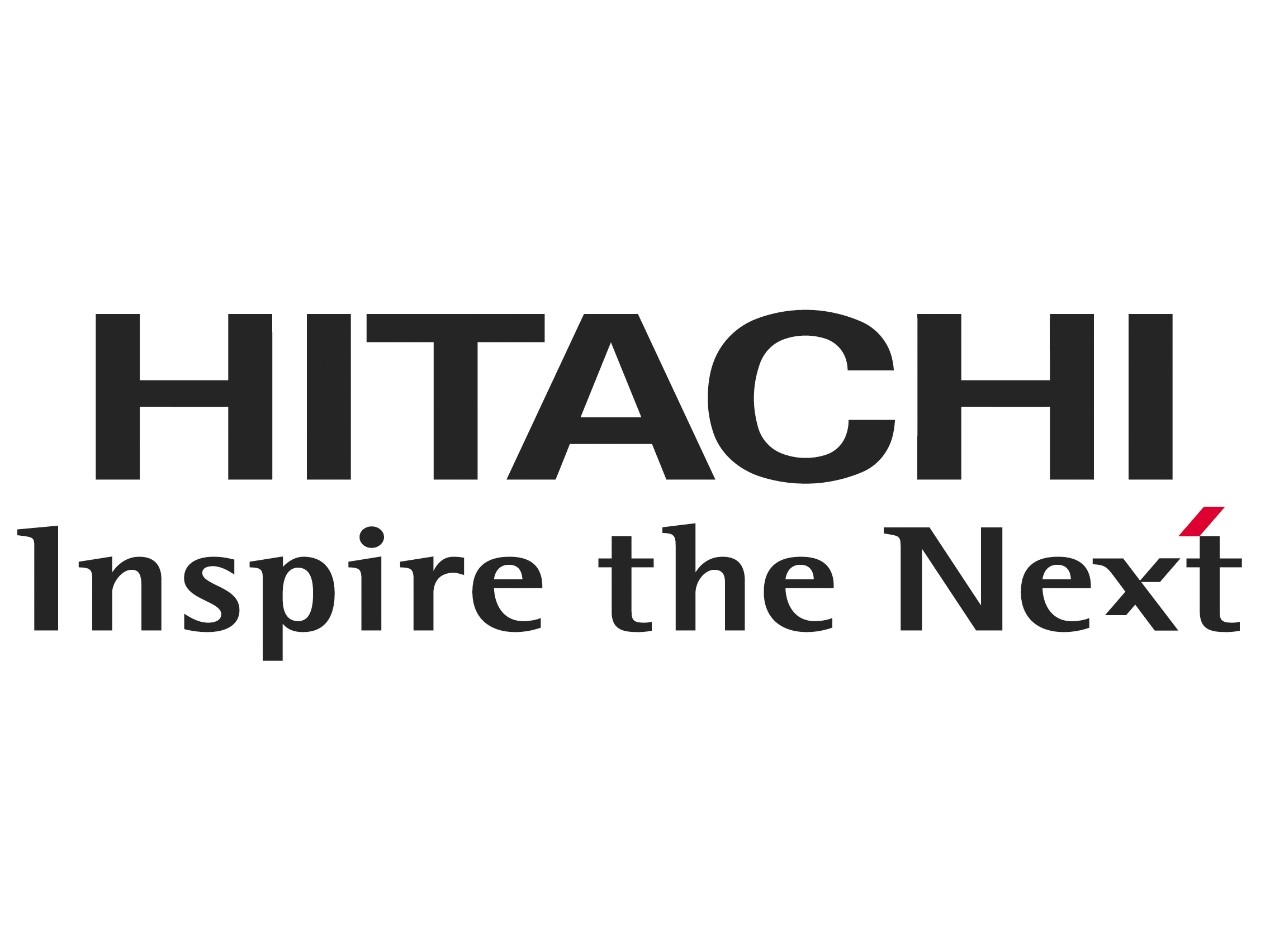
A picture is worth a thousand words, and if a life hinges on that one picture it is all the more precious. Today, technology “ especially Information and Communication Technology “ touches our lives in more ways than we are conscious of. In a country like India, where wide gaps in healthcare delivery have made achieving the goal of inclusive and universal healthcare a daunting task for government as well as the industry, ICT has emerged as a savior by bridging the demand supply gaps through remarkable innovations.
However despite making fast strides in transforming the healthcare landscape in the country, the diagnostic and laboratory sector in India “ touted to touch $5.5 billion by 2020 “ is grappling with a number of challenges.

This industry is fragmented and unorganised market has a market share of close to 88-90%. There are two major reasons for it — humongous demand and supply gap and lack of regulations. That is why there are lucrative business opportunities in the Indian diagnostics and laboratory sector, says Prof Kshama Hiremath, Chief Bio Chemist, Trident Diagnostics.
Speaking at the Healthcare Summit Karnataka earlier this month, Hiremath provided an overview of the diagnostic and laboratory sector in India. As much as 60-70% of medical conditions depend on diagnostic and laboratory tests in India. Approximately 100,000 diagnostic labs are functional in the country but only 1% of labs are accredited, she said.
According to Hiremath, there are only 8 diagnostic labs per 100,000 people and 70 per cent of the diagnostic industry functions without pathologists, biochemists or microbiologists. This poses a challenge for ensuring quality services.

The challenges India is facing today include meeting the growing healthcare demand; to bring together pathologists, biochemists, and microbiologists under one roof; making use of technology to bridge the delivery gap; and to ensure that quality and accuracy remains uncompromised, she added.
To address these challenges, Kiran Deo, Managing Director and co-founder of Trident Diagnostics, used telepathology technology, which facilitated delivery of services to diagnostics and labs in tier-2 and tier-3 cities.
Telepathology makes use of technology to relay electronic transmission of high quality pathological data in real-time remotely from any part of the world. The transmitted pathological data in turn can virtually be uated and reported back by qualified in-house pathologists, biochemists or microbiologists from Trident Diagnostics.
The unique feature of this innovation is that the report is generated remotely in the form of images, which are temper proof, said Hiremath.
Advantages of telepathology include empowerment of smaller labs; ensuring accessibility to quality pathologists round the clock; reduced operational cost; instant second opinion; real time reporting during emergency; a boon for tier 2 and tier 3 cities, towns and villages.
Trident has designed a unique business model, wherein hardware and software is provided to affiliated labs, they are given the privilege to generate their own reports, and affiliated centres have agreement with Trident to comply with quality standards, said the Chief Bio Chemist of Trident Diagnostics.
To ensure that labs strictly adhere to quality, Trident conducts quality checks on a daily basis. Trident has developed an exclusive real time system, wherein a technician, trained by us, in a remote location, handles microscope with a camera so that the views as requested by the pathologist are sent in the same way as Facebook does.
Be a part of Elets Collaborative Initiatives. Join Us for Upcoming Events and explore business opportunities. Like us on Facebook , connect with us on LinkedIn and follow us on Twitter , Instagram.



